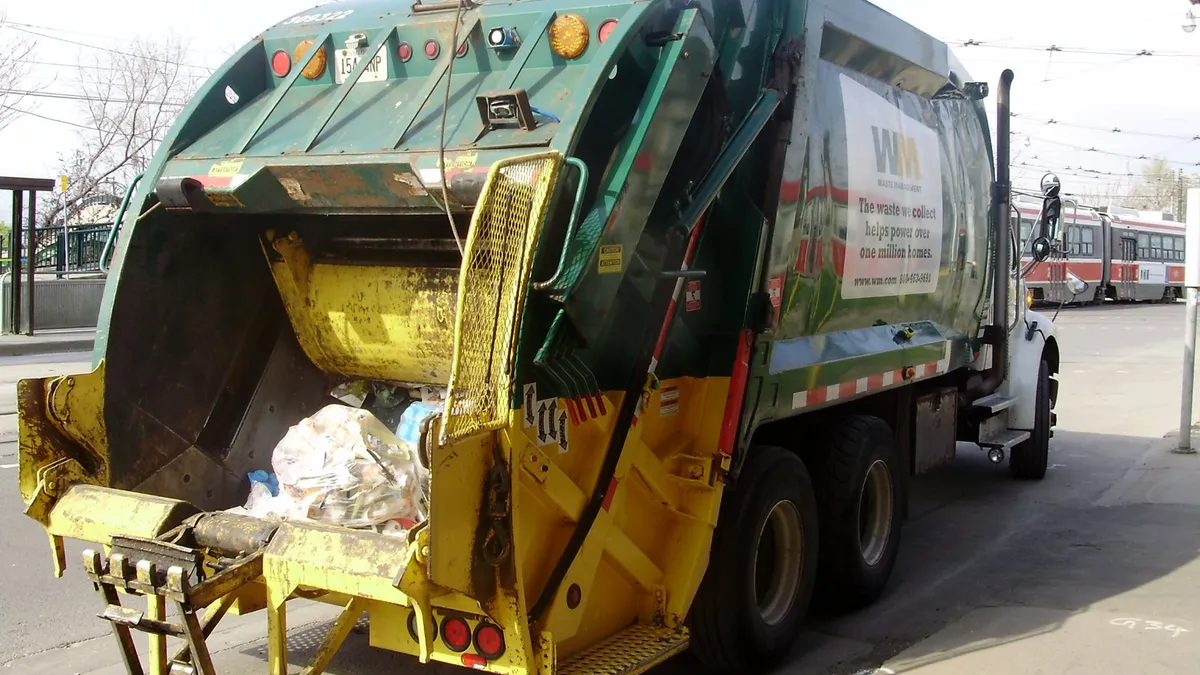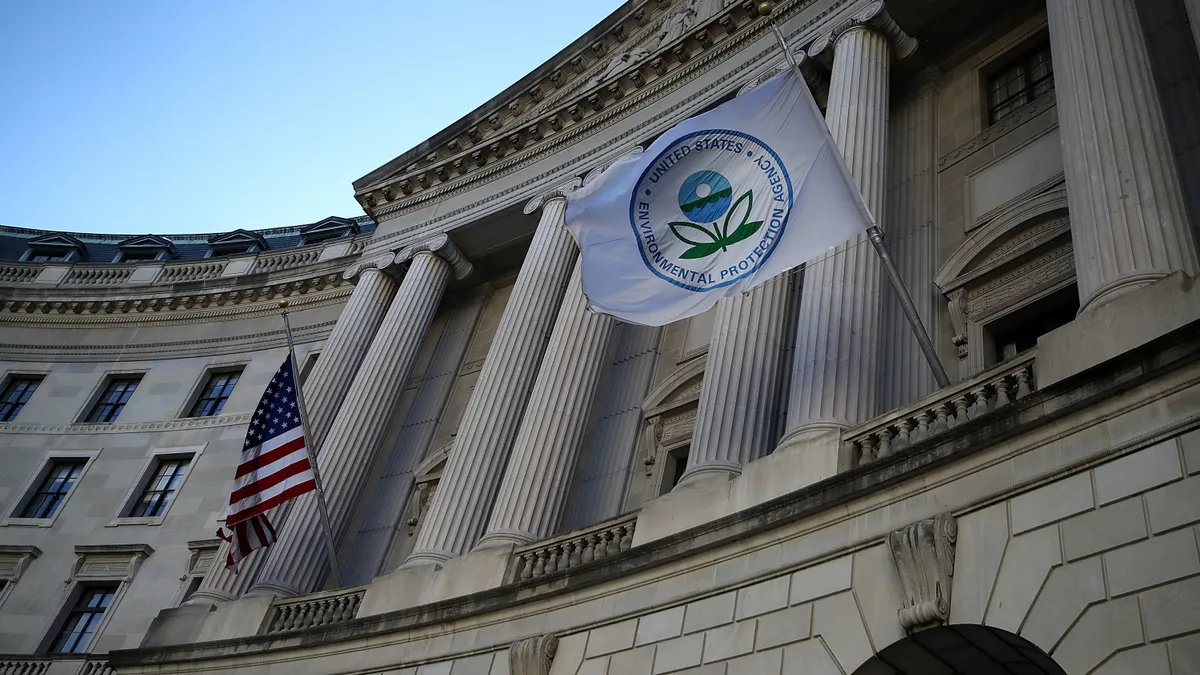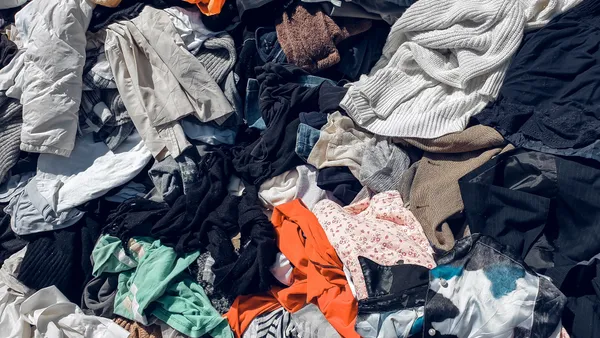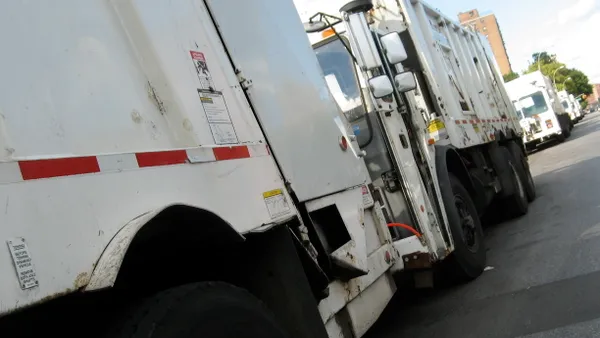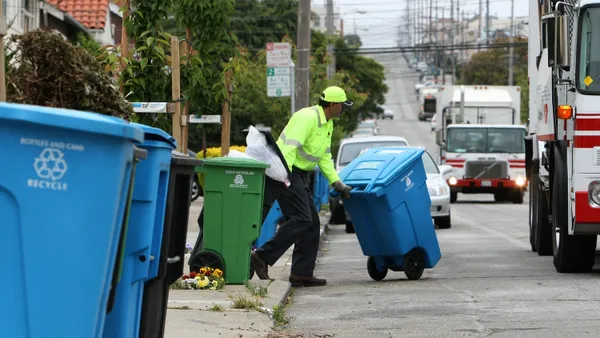Dive Brief:
- Florida Rep. Randy Fine, R-Palm Bay, withdrew on Friday a bill, House Bill 971, that would have required trash haulers to provide refunds if collections were more than four days late, as reported by Florida Today. If refunds or credits were not provided, the hauler would have had to pay a fine. The bill was referred to as "no pickup, no pay."
- Fine instead struck a deal with Waste Management — the exclusive hauler of Palm Bay, a city within Fine's district — requiring the company to encourage Palm Bay to consider switching to a twice-weekly collection schedule. Waste Management will also be required to publicize a phone number for Palm Bay residents to call in the event of missed service.
- Fine will withdraw the bill from the 2018 session and "monitor the steps" Waste Management takes to uphold the agreement.
Dive Insight:
Fine first filed the bill on Dec. 11, after residents of his district complained of missed trash collection from Waste Management both before and after Hurricane Irma in September. Palm Bay, a coastal city, had trash collection delays 48 hours before Irma hit. In a statement, Fine said the bill was "developed organically in response to requests from my constituents."
On Monday, Fine said on his Facebook page that Waste Management and Palm Bay are already working on scheduling the workshop required under the agreement, and topics will include changing schedules, offering variable cart sizes and "improving bulk pickup responsiveness."
Polk County, FL, just west of Palm Bay, also experienced newsworthy service delays from Hurricane Irma. The county, however, settled with Republic Services after withholding payments for missed service. Like Waste Management in Palm Bay, Republic Services suspended collection before Irma arrived.
Missed collections can happen for a variety of reasons, from franchising changes to shifting collection routes. The inevitability of these circumstances makes it all the more important for companies and local governments to develop contingency plans, especially in the event of a natural disaster.
A Senate version of the bill has been filed and referred to committees, but no votes have been scheduled.


